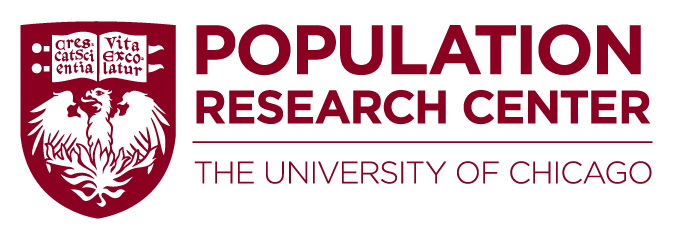Health and Disease Across the Lifespan
Our researchers examine health outcomes at the patient, hospital, and neighborhood level with a particular interest in our own urban community. The motivating model considers the demographic determinants or implications of health outcomes and health behaviors. Our location on the South Side, the rich data infrastructure available from the city, and the willingness of local government officials to actively collaborate on research related to urban demographic context, present singular opportunities to learn more about improving health and other aspects of well-being for disadvantaged urban populations.
Previous Accomplishments and Research:
- Partnering with government agencies and nonprofits to carry out randomized experiments to learn about reducing violence and improving well-being among disadvantaged urban youth
- Identifying the most effective and cost-effective ways to improve schooling and other long-term life outcomes, and to reduce risk of violence involvement and delinquency, especially for males
- Developing culturally congruent interventions to improve mental health functioning and reduce risk behaviors (sexual risk behaviors and substance use) and exposure to violence among at-risk children and youth through computerized multi-media technologies
- Examining how improving the health, privacy, and safety of the school environment through sanitation can influence the educational decisions of children through development to address high drop-out rate among pubescent girls
- Studying the temporal and developmental dimensions of so-called “neighborhood effects,” adapting novel methods of causal inference for time-varying exposures to study how residence in different neighborhood environments throughout the early life course impacts child developmental outcomes
- Examining how redistricting laws, bureaucracies, and public policies shape the conditions of cities, with a particular focus on violence and health care
- Charting how immigrants’ everyday lives, incorporation, and health are shaped by the legal contexts (state and local immigration laws and executive orders) in which they reside
- Studying a range of factors that impact health outcomes, especially how neighborhoods affect health. Some of these considerations include neighborhood social factors (e.g., network density and collective efficacy) and structural features (e.g., poverty and affluence) influence a variety of health outcomes
